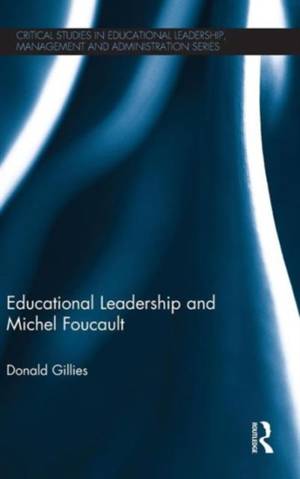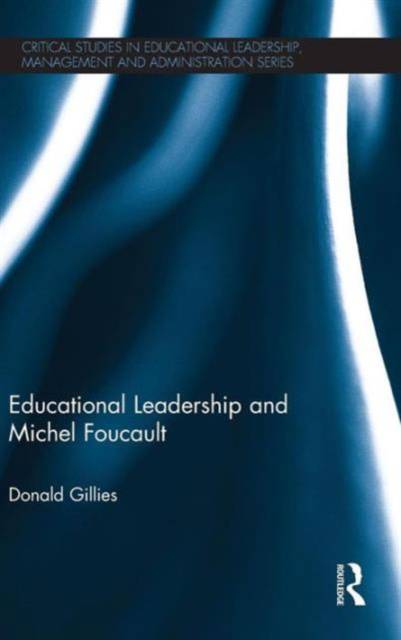
- Retrait gratuit dans votre magasin Club
- 7.000.000 titres dans notre catalogue
- Payer en toute sécurité
- Toujours un magasin près de chez vous
- Retrait gratuit dans votre magasin Club
- 7.000.0000 titres dans notre catalogue
- Payer en toute sécurité
- Toujours un magasin près de chez vous
Description
Drawing from the ideas of Michel Foucault, this book offers a critical examination of today's dominant discourse of educational leadership. Foucault's understanding of critique is as a 'permanent' ethos in which humans explore the nature of their existence but at the same time query the limits imposed upon them, and probe opportunities for increasing freedom. This book outlines the key concepts in the work of Foucault, and demonstrates how his concepts of discourse, power/knowledge, and governmentality offer an understanding of how ideas of educational leadership and management have emerged, how they serve to establish a discipline, and how they construct individuals - pupils, teachers, and head teachers - in particular ideological ways.
The discourse of educational leadership and management not only represents a specific means of 'governing' education but also calls for the development of approved management and leadership skills and behaviours. The related focus on cultivating, valuing, and rewarding effective leaders is eminently suited to Foucauldian critique, which not only questions the basis for its assumptions and norms, but also examines the way in which the subjects of ELMA - today's educational professionals - are both constructed by the discourse and are called upon to shape themselves accordingly.
Included in the book:
- educational leadership as discourse
- educational leadership as discipline
- power and educational leadership
- governmentality and educational leadership.
By both applying theory and examining empirical exemplars, this volume offers a challenge to dominant leadership discourse and suggests alternative understandings of the field and approaches to practice. The book will be of value to researchers and postgraduate students with an interest in educational leadership, management and administration, as well as to practitioners in the school system.
Spécifications
Parties prenantes
- Auteur(s) :
- Editeur:
Contenu
- Nombre de pages :
- 156
- Langue:
- Anglais
- Collection :
Caractéristiques
- EAN:
- 9780415633123
- Date de parution :
- 28-05-13
- Format:
- Livre relié
- Format numérique:
- Genaaid
- Dimensions :
- 156 mm x 234 mm
- Poids :
- 403 g

Les avis
Nous publions uniquement les avis qui respectent les conditions requises. Consultez nos conditions pour les avis.






